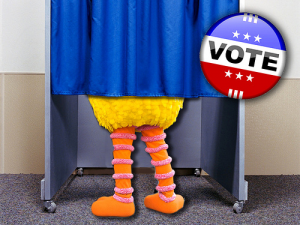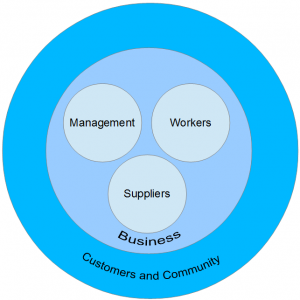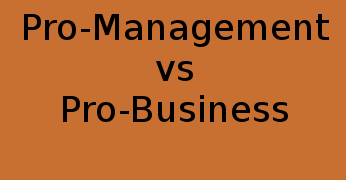
Photo Credit: RobertFrancis via Compfight cc
Americans for Tax Reform’s Grover Norquist famously said that he wants the federal government to be small enough to drown in a bathtub. If we take this metaphor seriously, then he wants a wimpy government–one he could easily overpower.
If he got his way, Uncle Sam would be wimpy in specific ways, especially:
- Too weak to protect Americans from abuse and neglect by Big Business (because of deregulation of business) and
- Too weak to help Americans suffering poverty and hardship (because of slashing the social welfare system).
What if supporters of industry regulation and social welfare argued like this?
My opponent says he wants smaller government. What he means is he wants a wimpy government:
- a government too weak to stop oil companies from drilling in dangerous ways in dangerous places,
- a government too weak to protect us when employers fail to pay overtime and discriminate against employees,
- a government too weak to say no when state and local governments try to make it harder for citizens to vote,
- a government too weak to punish car companies when they sell us cars with dangerous defects,
- a government too weak to extend a helping hand when we suffer unemployment and poverty,
- a government too weak to insist that businesses, communities, and individuals leave America cleaner, safer, and healthier than we found it through environmental regulations,
- etc.
That’s unacceptable! I believe America is greatest when the government is our strong ally and protector:
- Strong, caring and responsible enough to protect our rights when they’re violated;
- Strong, caring and responsible enough to insist that Big Business consider not just shareholder value but also the wellbeing of its workers, communities, and the natural world that makes life and commerce possible;
- Strong, caring and responsible enough to tell Big Oil, “Sorry, it’s too dangerous to drill there.”
- Strong, caring and responsible enough to tell Big Finance, “Sorry, what you’re asking for could lead to another crash like in 2008. We can’t have that.”
Whatever you may think of these specific examples, the construction “a government too weak/wimpy to…” do something that Americans deeply value is powerful. It exposes what the vision of “smaller government” could mean.
And opposing this vision of wimpy government with a vision of strong, caring, responsible government also is powerful. That is what progressives want. We should proudly say so.
What say you?
P.S. I’ve never been able to square the drown-in-a-bathtub image with a strong military.







